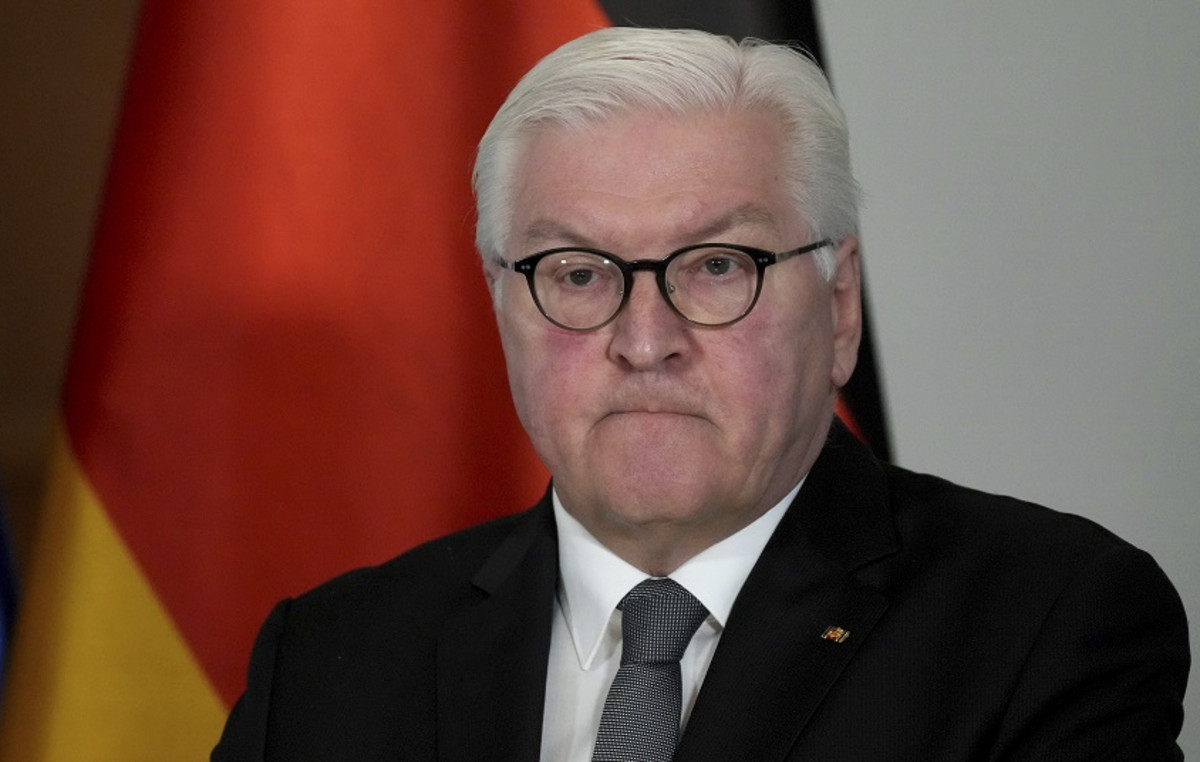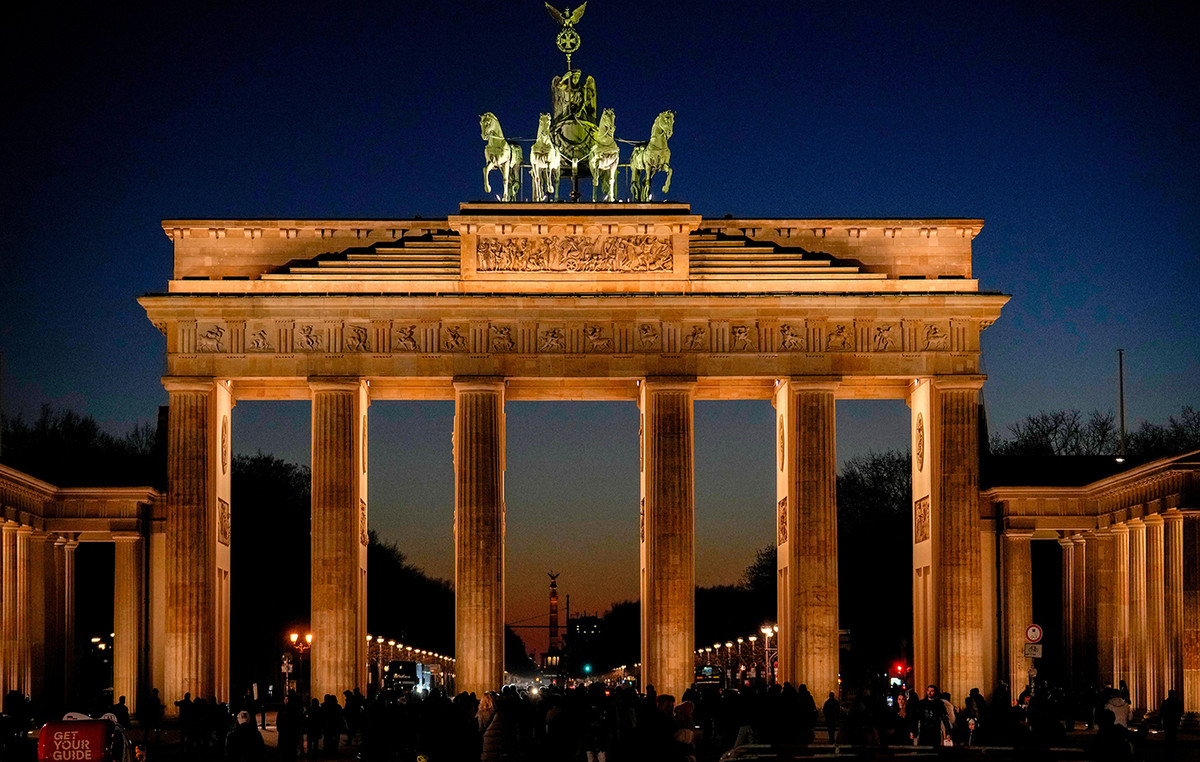A deal to release Hamas hostages held in Gaza in exchange for a pause in Israeli attacks could be reached today, according to sources interviewed by CNN.
Although optimism has grown after weeks of negotiations, the context of the discussions is complex.
For Hamas, the hostages represent the only advantage over Israel. The Israeli military is attacking Gaza from all sides, 12,700 Palestinians have been killed since October 7, according to data from the Palestinian Ministry of Health in the West Bank, based on data from Hamas health authorities in Gaza. Meanwhile, Iran did not get involved in the war in the way Hamas wanted.
Even if Hamas held only a fraction of the approximately 239 hostages it captured on October 7, it would still maintain considerable influence over Israel, which is known to pay a high price in negotiations like these. In 2011, Israel freed more than a thousand Palestinian prisoners in exchange for a single soldier – Gilad Shalit, who had been held hostage for five years.
And even if Hamas is willing to comply with the agreement, there are enormous logistical challenges that could prevent it from doing so. It is unclear whether Hamas leadership has a clear idea of where the hostages are being held. Communications in the territory have been disrupted by Israeli airstrikes, so coordinating a release will present major challenges.
On the other hand, Israel’s leadership is under enormous internal pressure to secure the release of the hostages. Most – though not all – Israelis accept the release of thousands of Palestinian prisoners held in Israeli prisons as part of any swap deal.
But Israel distrusts Hamas and is reluctant to agree to any pause in its offensive to destroy the group. At the same time, he does not want to give the Israelis the impression that he is not doing everything he can to bring the hostages home. Therefore, Israeli Prime Minister Benjamin Netanyahu has an incentive to keep alive the idea that negotiations are active.
Source: CNN Brasil
Bruce Belcher is a seasoned author with over 5 years of experience in world news. He writes for online news websites and provides in-depth analysis on the world stock market. Bruce is known for his insightful perspectives and commitment to keeping the public informed.







